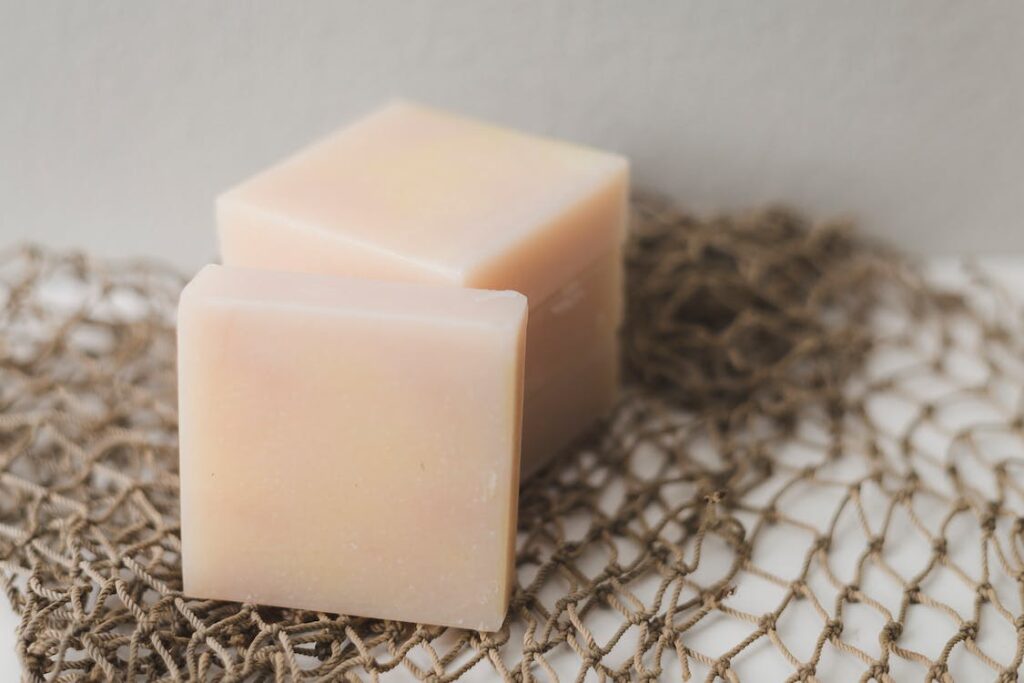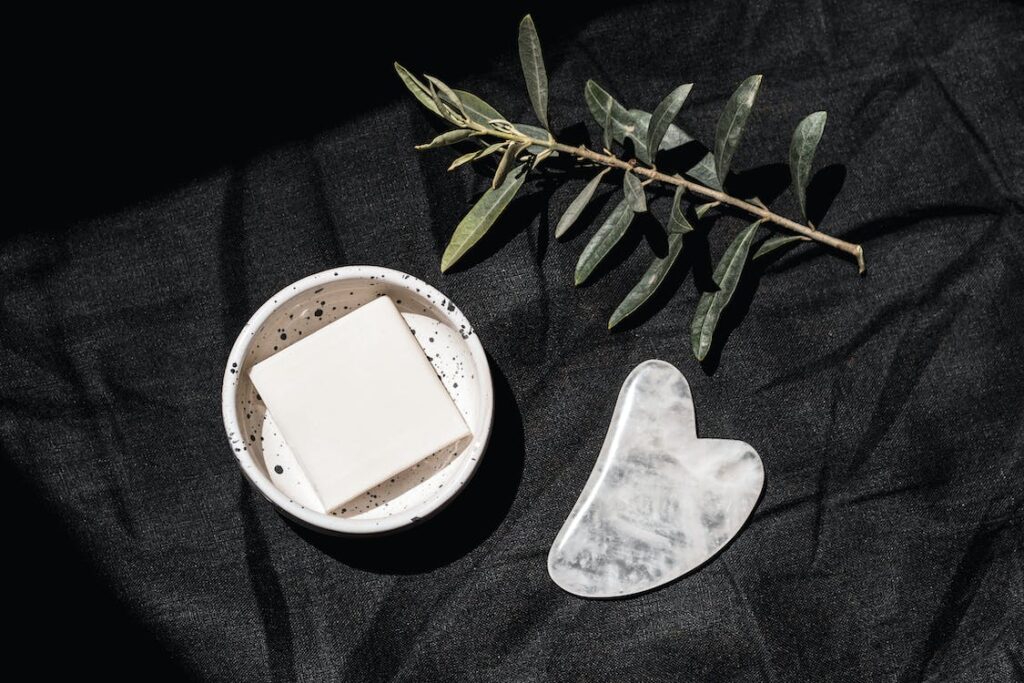
A successful soap business is all about being clear on your goals and taking steps to reach those goals. It’s also important to know who you are trying to sell your products to and what their needs are.
Effective marketing involves a mix of things like: a user-friendly website; high-quality product images; social media posts; and cross-promotion on various platforms. It also involves connecting with your audience and understanding and managing tax obligations.
Do Your Research
While your homemade soap may be a hit with family and friends, you’re not going to be able to turn a profit unless you market it to the right audience. Conducting market research will help you understand your customers, who your competitors are, and how your business fits into the larger business landscape.
You’ll also want to familiarize yourself with applicable regulations, like insurance requirements. For example, you’ll likely need liability insurance in order to sell your products, as well as a permit and inspections. Fortunately, Marie Gale is a wonderful resource for researching any applicable laws in your area.
Once you have an idea of your target market, focus on branding your soaps with unique selling propositions that highlight the qualities that set them apart from similar products. This will allow you to distinguish your soaps from the competition and stimulate buyer desire.
Additionally, remember that your packaging is the first thing your potential customers will interact with, so make sure it’s in line with your brand and market. For example, eco-friendly packaging is a great way to appeal to consumers seeking organic and natural products.
Lastly, you’ll need to know your financials in order to manage and optimize your business. This includes registering for an EIN to handle tax obligations, as well as keeping detailed records of sales and expenses. This will help you avoid any tax penalties by staying compliant with government regulations.
A final note on finances: don’t be afraid to charge a decent price that reflects the time and materials that went into making your product. Many small businesses are guilty of undercharging for their products, but this can have a negative impact on customer retention and your reputation as a quality seller.
Likewise, don’t be afraid to partner with local schools or charities in your community for marketing opportunities. This will give your products exposure to a new audience while simultaneously giving back to the community that helped your business thrive. You can even consider offering a discount on your products to these partners, as this will further motivate them to promote your company and its goods.
Do Your Homework

The first thing to remember when starting a Wholesale private label soap business is that it’s not just about crafting the perfect soap. It’s also about crafting the right business plan, registering your company and ensuring you’re fulfilling all the necessary legal requirements in your area.
If you don’t have all this figured out early on, you’re going to find it much harder to move forward with your business goals. This means deciding what your niche is, creating branding that stands out and knowing how many products you want to make and sell. It’s best to stick to a limited product line (maximum of 10 products) in order to keep production costs down and focus on one market.
This is also a good time to decide what legal structure your company will take. Some soap makers choose to partner with a fellow soap maker and create an LLC, which allows them to split profits while limiting their personal liability. Others opt for a sole proprietorship, which is cheaper and simpler than an LLC. It’s important to research the specific laws in your area and determine what is the best option for you.
It’s also important to make sure you have the proper accounting systems in place, including a bookkeeping software program. This will help you manage your financial responsibilities effectively and prevent any misunderstandings down the road. It’s also a good idea to register for an EIN, which will help you handle sales tax obligations. You’ll want to also consider quarterly tax filings to make the process smoother and avoid any fines.
Another thing to remember is that you need to be able to charge decent prices that net you a profit. If you can’t, you won’t be able to sustain your business in the long run.
Finally, you’ll need to ensure you have the right ingredients for your product and a reliable supplier. This is especially true if you are importing your soap from overseas, as you’ll need to have a supplier that can provide all of the ingredients in one place to save on shipping costs and reduce risk of contamination.
Do Your Due Diligence
You can make a great soap, but you’ll need to do a lot more than that if you want to run a successful business. You’ll need to research your market, find out what your customers want, and how much competition you’ll face. You’ll also need to decide how you’ll distribute your products and how you’ll price them.
You should also determine whether you’ll be selling to large retail chains or wholesalers, direct to customers, or both. It’s often a better idea to start small and grow your business slowly rather than jumping straight into the bigger markets. If you plan to sell to large retailers, it’s likely that you’ll need to obtain business insurance and meet other legal requirements, so do your research before making a commitment.
It’s a good idea to get help from a business mentor or advisor to assist you with the set up of your soap company. They can provide advice and guidance, and may be able to introduce you to other people in the industry who can offer support and assistance. You can also join online forums to get advice and support from others who are starting their own soap businesses.
Market research is vital to running a successful soap business, especially if you’re planning to compete with larger, established brands. This research will allow you to refine your product line, understand your competitors’ strengths and weaknesses, and develop an effective marketing strategy.
When carrying out market research for your soap making business, you should focus on the demographics of your target audience and what they want in terms of products and pricing. You’ll need to know if your potential customers are eco-friendly, ethically-minded, or simply interested in the quality of your ingredients. You’ll also need to consider how your products fit into the wider health and wellness trend, for example, are they suitable for vegans?
As well as the above, you’ll need to take into account your shipping costs, materials, and business insurance (US sellers can read this blog for a helpful guide on how to get this). Make sure you have a good supplier for your ingredients and ensure that you have sufficient stock to meet demand when you first launch.
Do Your Marketing
You’ll have to spend some time and money on marketing your soaps when you start selling. Even if you sell only at local farmer’s markets and craft fairs, your customers will need to be able to find you online and elsewhere. You’ll need to establish a website and set up social media accounts that reflect your business name, branding and style.
You may want to incorporate or form a partnership, depending on your preferences and the nature of your business. Incorporation provides a layer of legal protection for you and your personal assets, and it also helps potential investors and creditors understand the scope of your operations. A partnership, on the other hand, allows you to operate your business with a partner or partners who share in the profits and losses of your company.
A key step in running a successful soap business is establishing your unique selling proposition, or USP, which sets you apart from other companies that make similar products. It should be clearly stated on your website and in promotional material, highlighting the characteristics of your soaps that are most appealing to customers.
For example, many soap makers choose to use natural ingredients to make their products stand out from the competition. Others focus on innovative packaging that appeals to buyers. Still others create specialized soaps for particular ailments, such as dry skin or sensitive skin.
As you develop your USP, look at the market to identify any gaps in product offering or sales strategies that you can fill. For example, if your research shows that there are no artisan-made soaps for dogs, you could fill this niche and jumpstart word-of-mouth promotion.
Pricing is another important consideration. It should offset your costs and provide you with a profit, but it should also be competitive so that buyers don’t perceive your products as low quality. Generally speaking, prestige soaps should cost more than everyday-use soaps.
If you sell your soaps at local farmer’s markets, boutiques and spas, you’ll need to set up display stands to showcase them. You can also sell your soaps online through websites such as Etsy and Amazon or through Google Ads campaigns that target shoppers in specific demographics. In addition, consider starting a YouTube channel and producing engaging soap-making tutorials and videos that highlight your production process.
